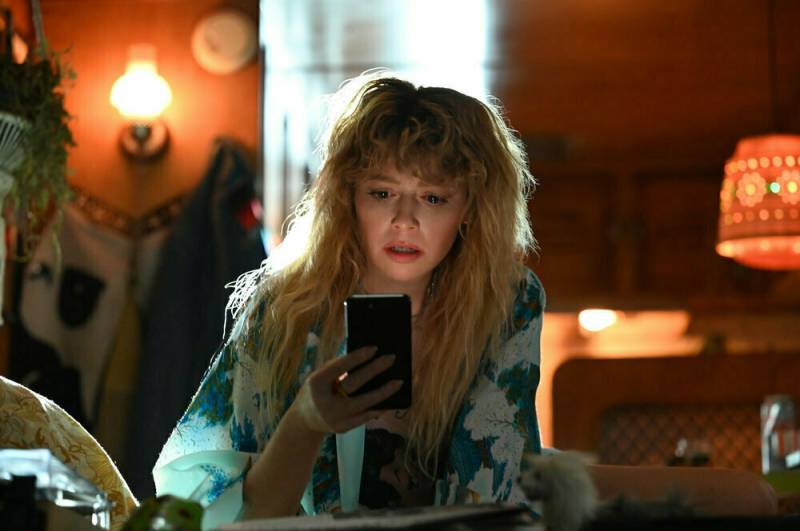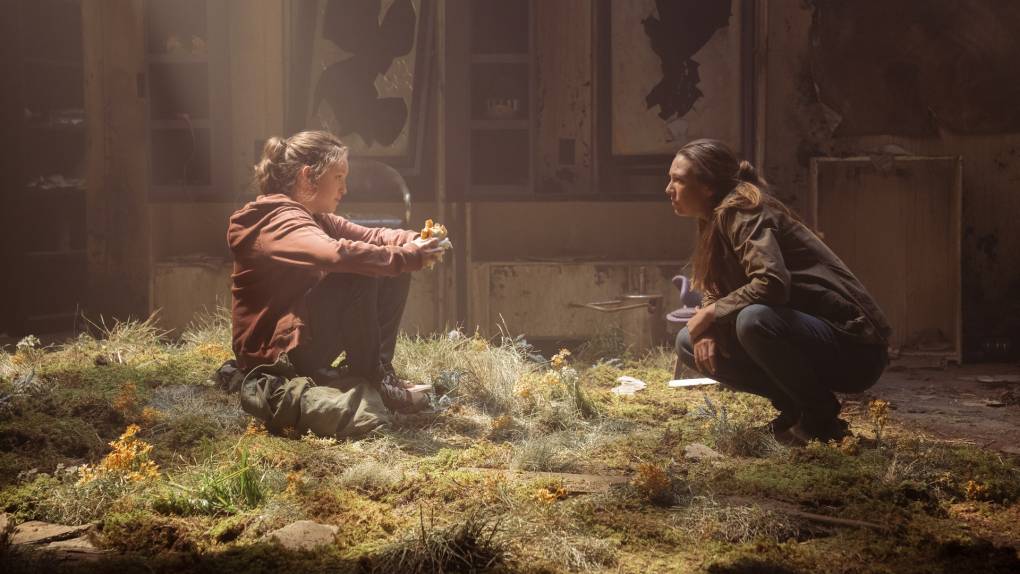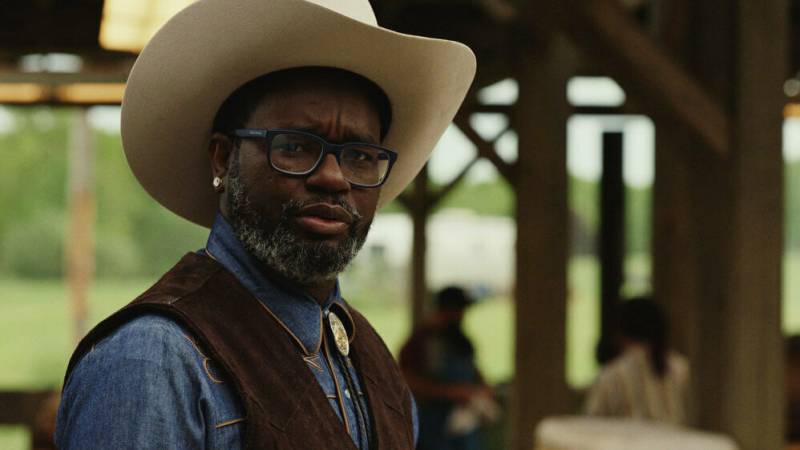From the start, it’s no secret that the new series Poker Face is a throwback to an earlier era of television — to Columbo, especially. The opening titles even recall the yellow Columbo font. And while it might not be instantly obvious that Natasha Lyonne is the Peter Falk of her generation, by the end of a couple of episodes, you will believe.
Poker Face was created by Rian Johnson, the writer and director of Knives Out and Glass Onion, who directed and wrote some, though not all, of the episodes. His sense of structure — the idea that you don’t withhold everything until the end, even in something that’s done in the style of a mystery — recalled Columbo to begin with. (Every episode of Columbo, for those who may not be fans, started with the viewer seeing what actually happened, and the rest was watching Columbo figure it out.) So it makes sense that he’s created a show here that, in a similar fashion, shows the crime itself at the top, then tells the longer story of how it came to happen and how it unravels. But instead of a detective, these stories intersect with the life of Charlie Cale, played by Lyonne, whom we first meet as a casino worker prized for her ability to tell when people are lying.
The first episode sees Charlie get tangled up in a mess that involves her boss (Adrien Brody) and his henchman (Benjamin Bratt). That mystery, in turn, puts her in danger and sends her on the run. Subsequent episodes find her in various parts of the country, scratching together cash in odd jobs.
One advantage of this format is that it allows Charlie to cross paths with an impressive lineup of guest stars. There’s trucker played by (new Oscar nominee for The Whale) Hong Chau, feuding actors played by Ellen Barkin and Tim Meadows, a barbecue entrepreneur played by Lil Rel Howery, retirement community residents played by Judith Light and Law & Order legend S. Epatha Merkerson, and musicians played by Chloe Sevigny and The Mountain Goats’ John Darnielle. All these stories are self-contained, because even as she tries to escape her own perilous situation, Charlie stumbles into a crime in every town.



9(MDAxOTAwOTE4MDEyMTkxMDAzNjczZDljZA004))

